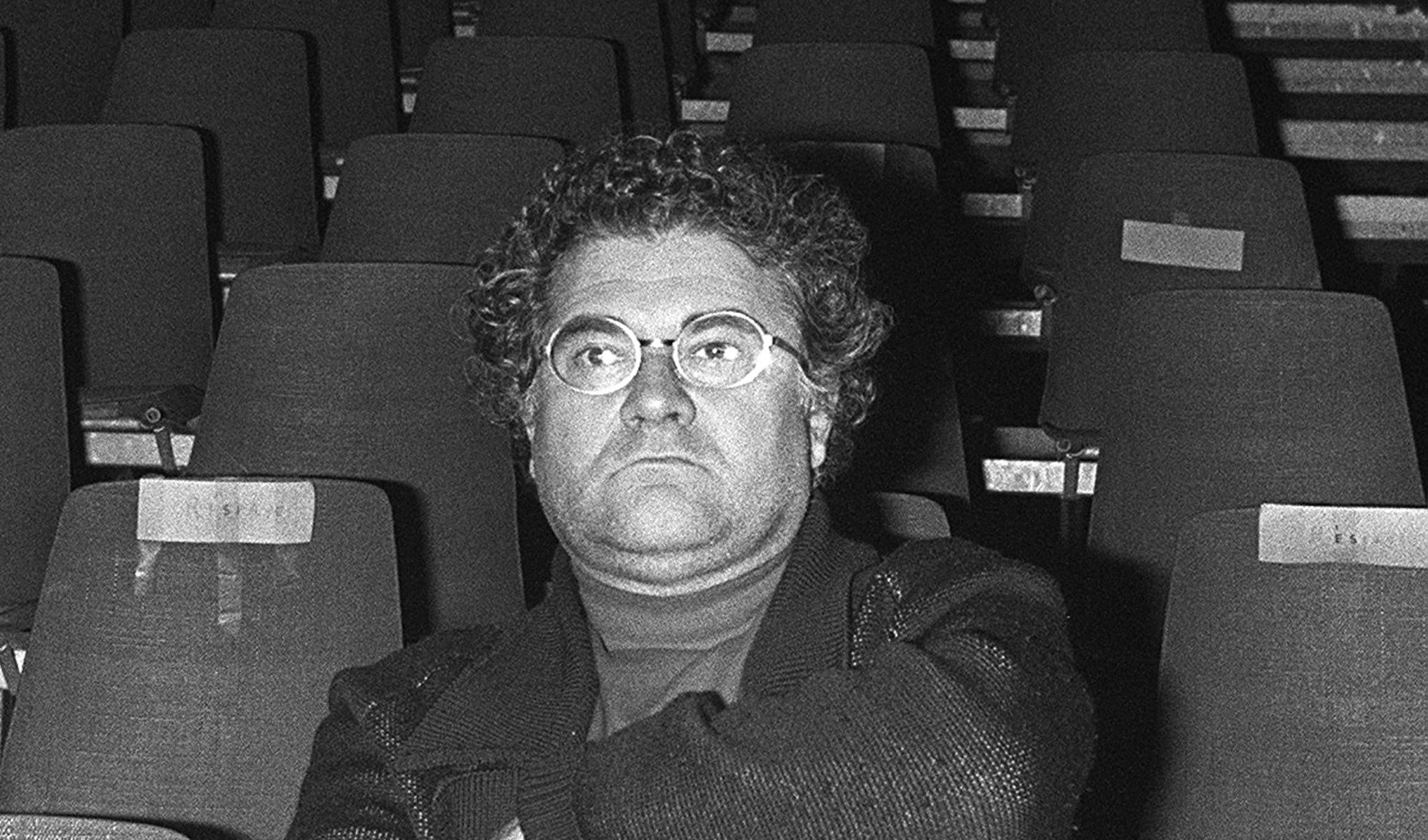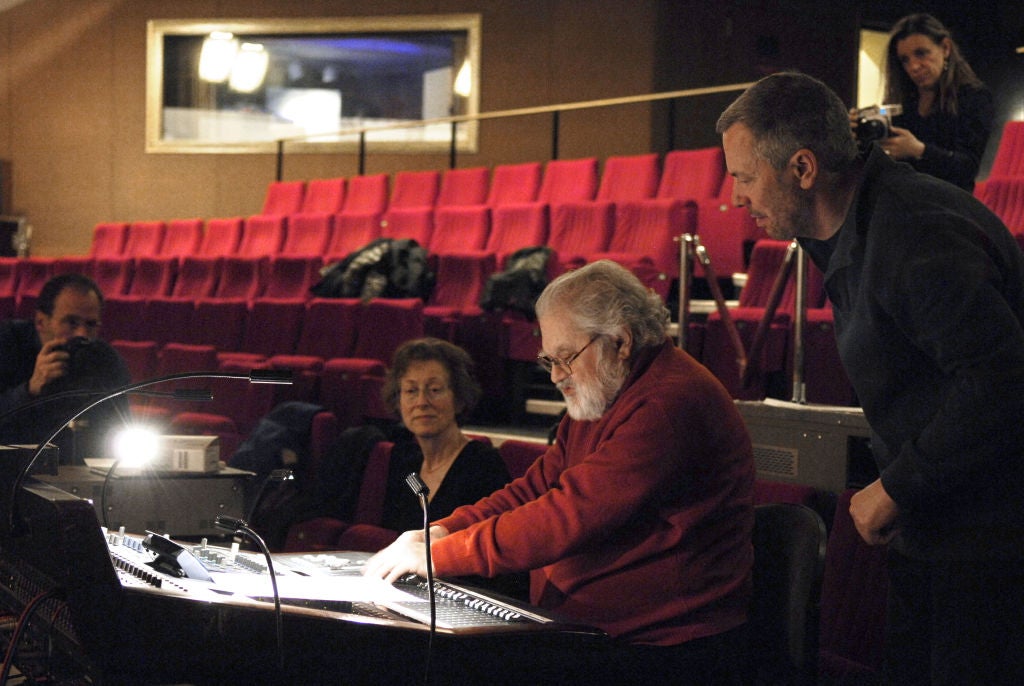Pierre Henry: Composer of musique concrète
A graduate of the Paris Conservatoire, his work influenced Stockhausen and even the Beatles, and he can be regarded as a pioneer of sampling

Pierre Henry was a pioneering composer of musique concrète, the form of composition making use of existing sounds to create innovative musical creations, that went on to have so much influence on contemporary popular music. Former Kraftwerk musician Karl Bartos acknowledged his impact on the genre, noting: “Pierre Schaeffer referred to Russolo, and then Stockhausen took reference from Pierre Henry – this is the food chain.”
Henry was born in Paris in 1927, the son of a doctor and a pharmacist. He studied at the Paris Conservatoire during 1938-48 with Olivier Messiaen and Nadia Boulanger. And it was while studying with Messiaen that he met Pierre Schaeffer, the originator of musique concrète, at his Radiodiffusion-Télévision Française studio. Schaeffer had chosen the term “concrète” because composition in this medium involved working with the physical sound recordings, by cutting discs directly or splicing or looping the recorded tape. His work, Étude aux chemins de fer (Railway Study, 1948), made with manipulated train sounds, is the first in the genre.
Schaeffer’s Studio d’Essai (later Club d’Essai) was created in 1942 as a test-bed for radiophonic techniques, influenced by the ideas of Jean Epstein. From 1949, working as a trio with Henry and the sound engineer Jacques Poulin, the team sought to answer the question of “what was hidden in the act of basic acoustic listening”. Henry explained their rationale in a later interview: “I used to play in an orchestra, and I was struck by the fact that, depending on where you were placed, you would hear the music differently. And if you selected short extracts and listened to them, they took on a completely new meaning because they were out of context.”

The collaboration soon bore fruit in the masterpiece Symphonie Pour Un Homme Seul (Symphony for a Man Alone, 1950). Then, when director Jean Grémillon sought a musical soundtrack for his short film Astrologie Ou Le Miroir De La Vie (Astrology or the Mirror of Life, 1952), he turned to Henry for the project.
During the early Fifties the trio was given funding for a new purpose-built electro-acoustic studio, the first of its kind, attracting avant-garde composers including Karlheinz Stockhausen and Edgard Varèse. The collaboration ended in 1958, when Henry left to create his Groupe de Recherches Musicales studio.
Compositions by Schaeffer and Henry went on to influence The Beatles in tracks such as “Tomorrow Never Knows” and “Revolution 9”, which make use of the tape manipulation techniques they pioneered. Likewise, when the electronic music of the Eighties and Nineties adopted sampling, adding tracks from other works, it was thanks to Henry and his co-pioneers. The DJ Fatboy Slim even remixed Henry’s 1967 composition Psyché Rock for the movie Mean Girls (2004).
Two months ago Henry’s Liverpool Mass was performed at Liverpool Cathedral, introduced by Pulp frontman Jarvis Cocker, to commemorate the cathedral’s half century. Henry said: “Since I wrote the piece 50 years ago, it has become something of a musical myth, closely linked with this cathedral. I am very proud to take part in the celebrations for its 50th anniversary, a historic anniversary.”
Pierre Henry, composer, born 9 December 1927, died 5 July 2017
Join our commenting forum
Join thought-provoking conversations, follow other Independent readers and see their replies
Comments
Bookmark popover
Removed from bookmarks